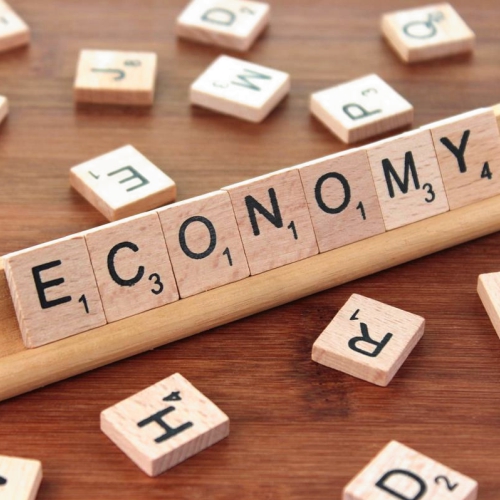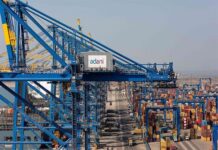Washington DC [USA], July 16 (ANI): The global economy continues to face challenges, including the possibility of a second wave of Covid-19, and governments should keep their support programmes in place, IMF Managing Director Kristalina Georgieva said on Thursday.
Global economic activity, which posted an unprecedented decline earlier this year, has started to gradually strengthen. A partial recovery is expected to continue in 2021.
“But we are not out of the woods yet. A second major global wave of the disease could lead to further disruptions in economic activity. Other risks include stretched asset valuations, volatile commodity prices, rising protectionism and political instability,” she wrote in a blogpost.
On the positive side, medical breakthroughs on vaccines and treatments could lift confidence and economic activity, said Georgieva. These alternative scenarios highlight that uncertainty remains exceptionally high.
Many countries will be deeply affected by the economic scars of this crisis. Severe labour market dislocations are a major concern. In some countries, said Georgieva, more jobs were lost in March and April than were created since the end of the global financial crisis.
Moreover, the full extent of the impact on labour market is likely much higher as many employed people are facing reduced hours.
Georgieva said bankruptcies also are becoming more common as firms exhaust their cash buffers. And human capital is at risk. The education of over a billion learners across 162 countries has been disrupted, for example.
“The bottom line is that the pandemic is likely to increase poverty and inequality, further painfully exposing weaknesses in health systems, the precariousness of work and the challenging prospects for the young of accessing opportunities they desperately need.”
At the same time, said Georgieva, many jobs lost will never come back with the crisis triggering long-lasting changes in spending patterns. So workers must continue to be supported, including through reskilling, to help them move away from shrinking sectors and toward expanding ones.
International cooperation is vital to minimise the duration of the crisis and ensure a resilient recovery, she said. Areas where collective action is key include guaranteeing adequate health supplies, avoiding further ruptures in the global trade system, ensuring that developing countries can finance critical spending needs and meet debt sustainability challenges, and strengthening the global financial safety net. (ANI)
To Listen to this News click on the play button.












